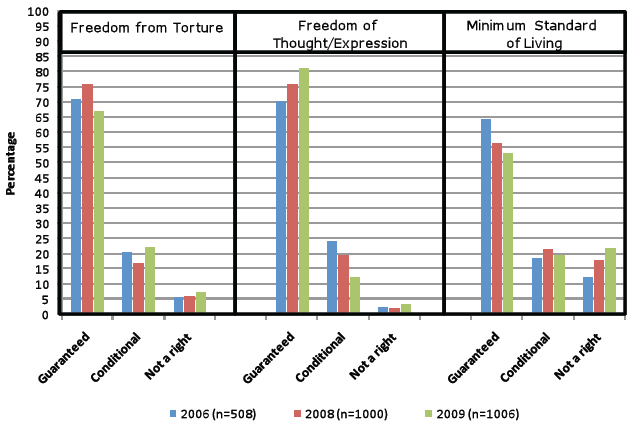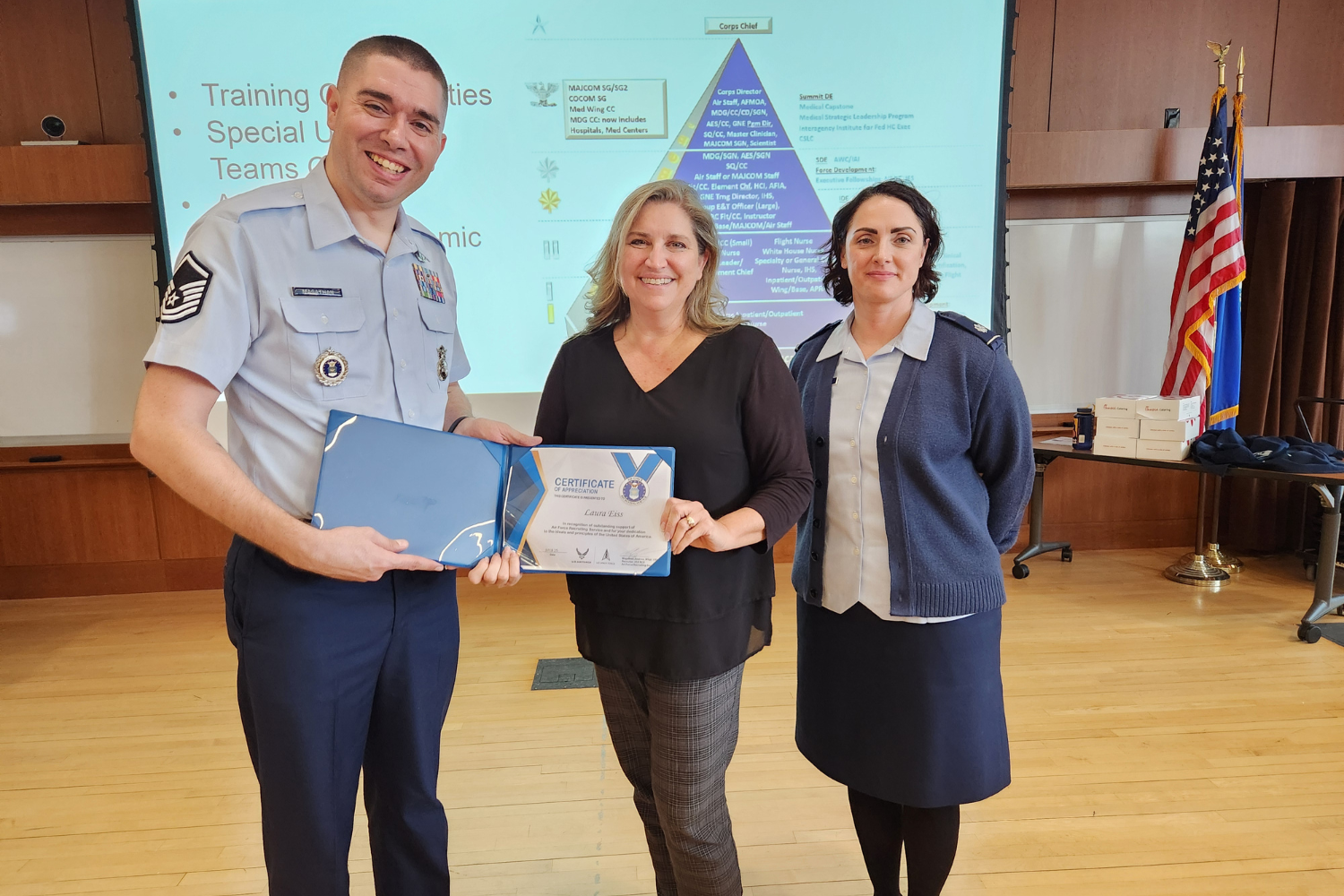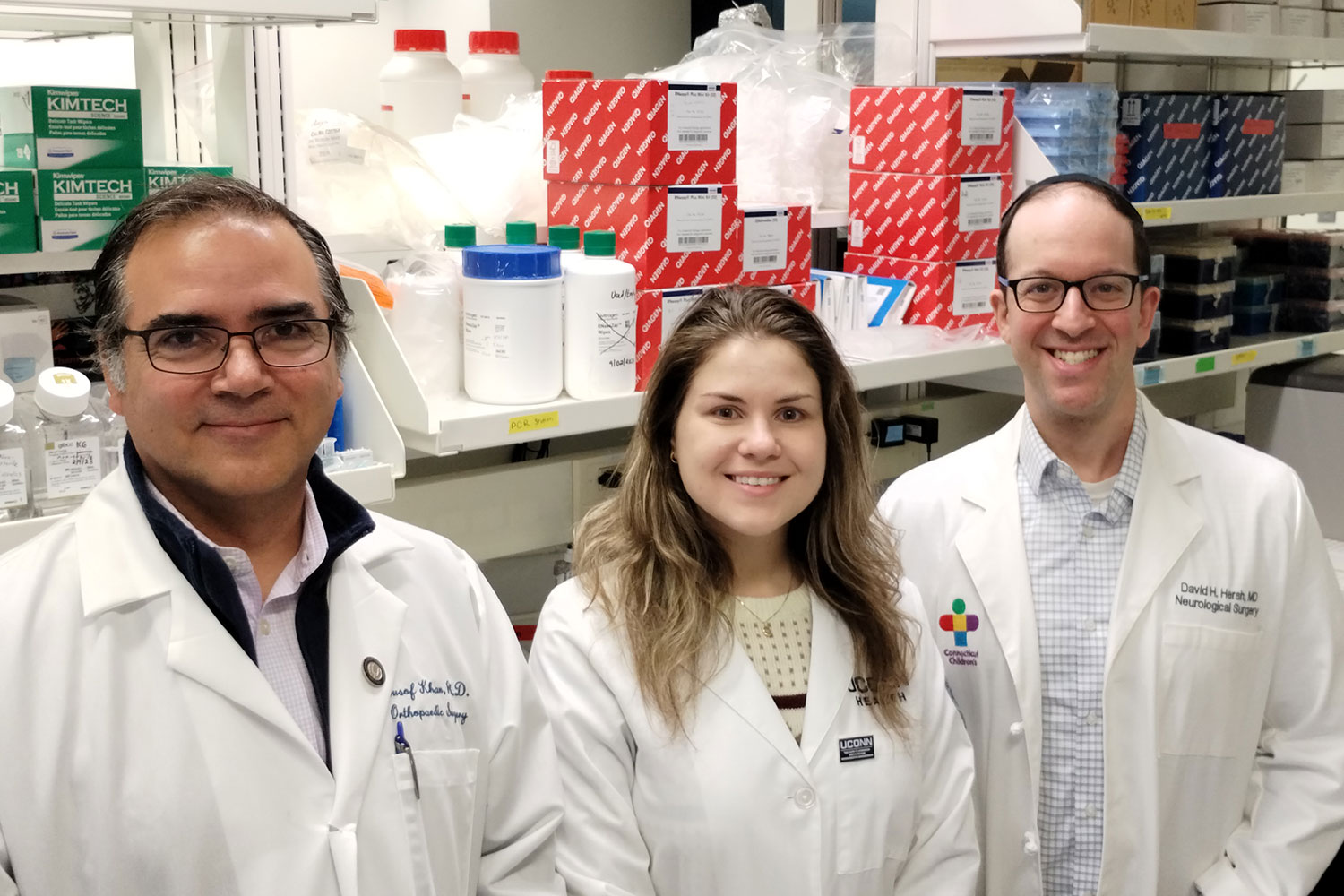The University of Connecticut has been elected to membership in the University Corporation for Atmospheric Research (UCAR), a nonprofit consortium of North American universities and international affiliates committed to understanding the atmosphere and the interconnected processes that compose the Earth “system.” UConn’s eight-year membership, which enjoyed unanimous support from the consortium, begins in January 2009.
 The decision was greeted with excitement at the Storrs, Avery Point and Farmington campuses, which had petitioned vigorously for membership. UCAR serves as a hub for research, education, and public outreach for the atmospheric and Earth system science community. The Boulder, Colorado-based organization manages the National Center for Atmospheric Research and the UCAR Office of Programs on behalf of the National Science Foundation and the university community. UCAR members seek to gain a better understanding of the behavior of the Earth’s atmosphere, related systems and the global environment; and to facilitate knowledge and technology transfer that will enhance life on Earth.
The decision was greeted with excitement at the Storrs, Avery Point and Farmington campuses, which had petitioned vigorously for membership. UCAR serves as a hub for research, education, and public outreach for the atmospheric and Earth system science community. The Boulder, Colorado-based organization manages the National Center for Atmospheric Research and the UCAR Office of Programs on behalf of the National Science Foundation and the university community. UCAR members seek to gain a better understanding of the behavior of the Earth’s atmosphere, related systems and the global environment; and to facilitate knowledge and technology transfer that will enhance life on Earth.
UConn’s membership spans many units across the Storrs, Avery Point and Health Center-Farmington campuses.
Dr. Michael Willig, director of the multidisciplinary Center for Environmental Science & Engineering (CESE), said the University’s bid for UCAR membership arose “as a consequence of a CESE-supported effort by six departments and centers to collaborate in the development of programs and opportunities related to the atmosphere, including a focus on climate change.” He noted that Dr. Mark Rudnicki, an assistant professor of Natural Resources Management & Engineering, led the University effort, which involved the formation of a multidisciplinary group designated as the Atmospheric Sciences Group (ASG). ASG members comprise faculty from CESE, the Center for Public Health & Health Policy at the UConn Health Center in Farmington, the Department of Civil & Environmental Engineering, the Department of Geography, the Department of Marine Sciences at Avery Point, and the Department of Natural Resources Management and Engineering.
A UCAR team visited the UConn Storrs and Avery Point campuses in April 2008 and was impressed with the breadth and quality of atmospheric systems research underway at UConn.
Dr. Guiling Wang, associate professor of Civil & Environmental Engineering and a CESE faculty member, advocated vigorously for UConn’s application. The School of Engineering, through the Environmental Engineering Program, is home to a spectrum of environmental systems research, including land-atmosphere interactions (vegetation-climate feedback, land surface models, etc.) and hydrological remote sensing and its application to land and atmospheric modeling. She said that UCAR membership “Increases our visibility in the atmospheric science community, which ultimately leads to better collaborative opportunities with scientists at NCAR and other institutions.”
She added, “We will have better access to expertise now that we are part of the community. Our membership will allow us to become better acquainted with other atmospheric researchers, and in turn they will become more familiar with UConn as an institution where Earth system/atmospheric studies are actively underway. It certainly will serve us well when the need for collaboration arises.” Other engineering faculty who contributed to the effort include Civil & Environmental Engineering faculty members Emmanouil Anagnostou, Mekonnen Gebremichael and Joseph Bushey.



